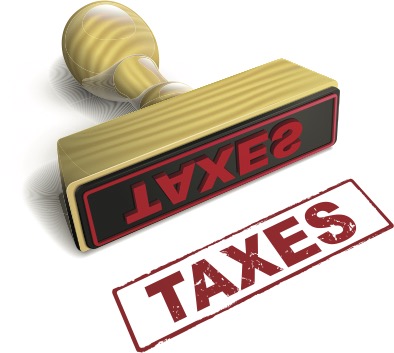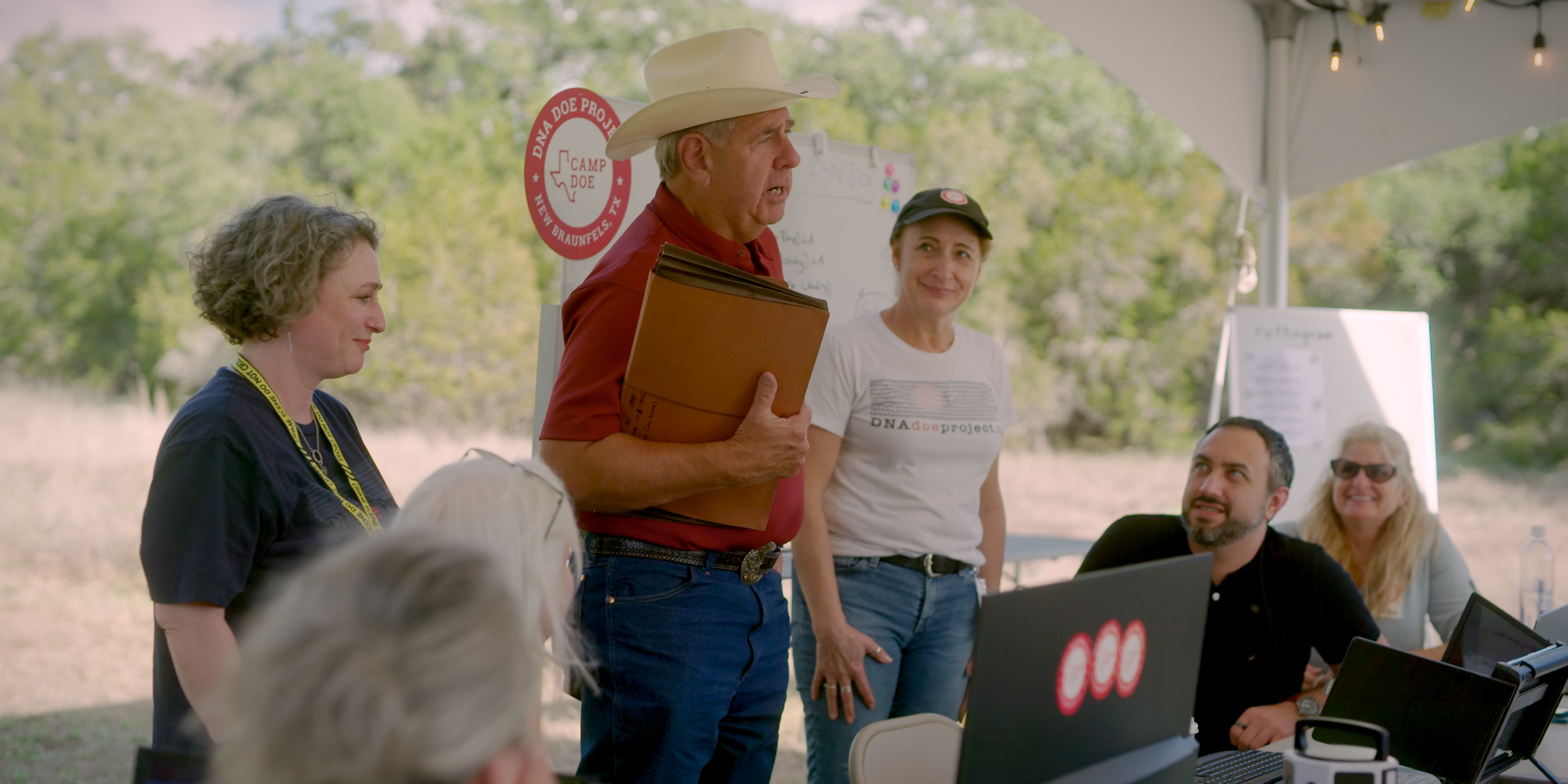Jim Beam column:It’s too early to cut taxes
Published 6:43 am Saturday, May 24, 2025

- Louisiana legislators are ready to cut taxes that have only been on the books for months and the rush could produce major state budget results.(Image courtesy of metrocreative connection.com).
Republicans in the Louisiana Legislature are much like their colleagues in Congress. They love to cut taxes and don’t worry much when lost revenues add to the national debt and state budget shortfalls.
President Donald Trump’s “One Big Beautiful Bill” passed the U.S. House 215-214 Thursday morning and is in the Senate. Central to the budget bill is the GOP’s commitment to extend some $4.5 trillion in tax breaks they passed in 2017 during Trump’s first term.
The Associated Press said to make up for some lost revenue the bill makes changes to Medicaid, the federal-state health care system for low-income Americans, and the food stamp program called SNAP.
Trending
The Congressional Budget Office (CBO) estimates 8.6 million fewer people would have health care coverage and 3 million less people a month would have SNAP food stamp benefits.
The CBO said, “The lowest-income households in the U.S. would see their resources drop, while the highest ones would see a boost.”
The U.S. national debt currently stands at approximately $36.2 trillion, money the federal government has borrowed but not yet repaid. Tax provisions in the BBB measure would increase that debt by $3.8 trillion over the next decade.
Louisiana hasn’t gotten into the trillions of dollars yet, but two of their proposed tax cuts would lower state revenues by $643 million in 2028. Rep. Julie Emerson, R-Carencro, is sponsoring House Bill 578 that would reduce the state sales tax from 5% to 4.75% and HB 667 that would drop the individual flat income tax rate from 3% to 2.75%.
The 5% state sales tax and 3% flat individual income tax didn’t become effective until January of this year, so what’s the rush to reduce both of them now before the real revenue effect can be determined?
The Advocate in its report on the proposed tax cuts reminded its readers of what happened with taxes in 2002 and 2008. The late-Gov. Mike Foster was in office in 2002 and Bobby Jindal became governor in 2008.
Trending
The late Rep. Vic Stelly, an independent from Moss Bluff, sponsored a tax reform plan in 2002 that ended state sales taxes on food prepared for home consumption, residential utilities and prescription drugs. The fiscal note showed his plan would cost the state $1.1 trillion over the next five years.
To make up for revenue losses, Stelly had a bill that increased individual income taxes to make up for that loss of $1.1 trillion. The fiscal note on that bill said it would raise $1.15 trillion over the next five years. So the tax changes were extremely close to being revenue neutral.
Legislators complained for the next six years about the higher income tax and a state senator sponsored a bill in 2008 that eliminated the income tax increase sponsored by Stelly in 2002. The state lost $1.15 trillion over the next four years.
Jindal didn’t want to lower the income tax and said he would veto the bill if it passed. However, he apparently believed taxpayers wanted the tax cut, so he changed his mind and signed the bill.
The Advocate said economists and former legislators are warning current lawmakers that passage of Emerson’s tax cuts could put Louisiana on the same difficult path they had to follow after the Legislature and Jindal approved the 2008 tax cut.
Jindal and others said the tax cut would generate enough new investment and spending to pay for itself. Unfortunately, it didn’t and economists later said the crippling budget cuts brought about over seven years of budget cuts to higher education and health care.
Former Democratic Gov. John Bel Edwards and a new Legislature in 2016 inherited a $2 billion deficit that required them to raise the state sales tax by 1%.
Jay Dardenne, Edwards’ budget chief, told The Advocate, “The Legislature ought to be paying attention to when you make significant revenue cuts and don’t contemplate the consequences down the road.”
In defending her proposed tax cuts, Emerson said pretty much what Jindal said. She said the reductions would make the state a more attractive place for investors and residents alike but she can’t prove that. What investors want is for states to have a sound financial footing, a talented workforce and a good education system.
State Sen. Franklin Foil, R-Baton Rouge, chairs the Senate committee that would hear Emerson’s bills if they make it to the upper chamber. As for what happened in 2008, he said “it was probably too much, too fast.”
Our earlier comment on tax cuts is worth repeating: What’s the rush?
Jim Beam, the retired editor of the American Press, has covered people and politics for more than six decades. Contact him at 337-515-8871 or jim.beam.press@gmail.com.
| ReplyForward
Add reaction |





